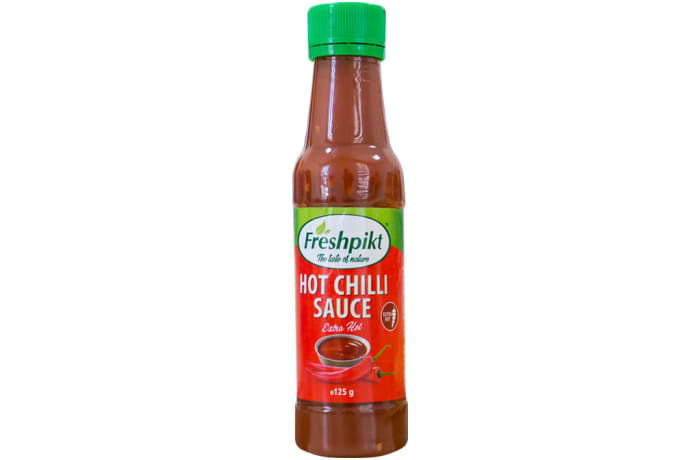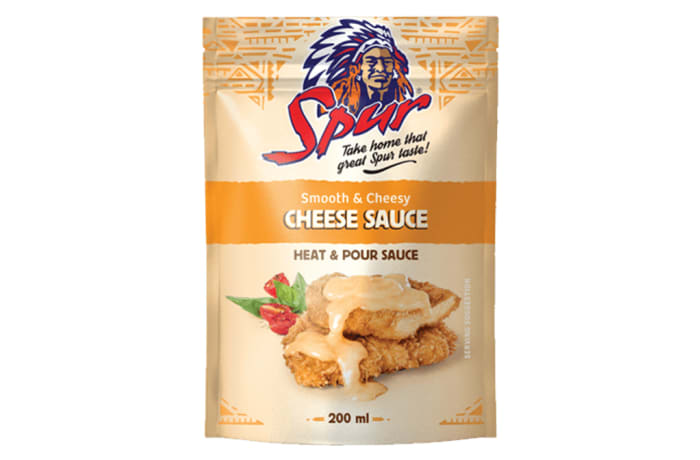
Himalayan Pink Salt
Considered to be one of the purest types of rock salt, that's similar to table salt from the Punjab region of Pakistan, near the foothills of the Himalayas
Select your options
size
style
Further information
What is pink Himalayan salt?
It contains up to 98 percent sodium chloride and is similar to table salt. The rest of the salt consists of trace minerals, such as potassium, magnesium, and calcium, giving the a different taste from table salt and its light pink tint.
Certain quantities of salt contain the following amounts of sodium:
- 1/4 teaspoon salt: 575 mg sodium
- 1/2 teaspoon salt: 1,150 mg sodium
- 3/4 teaspoon salt: 1,725 mg sodium
- 1 teaspoon salt: 2,300 mg sodium
How is it used?
- People use this type of salt and common table salt in the same way: As part of cooking, to season meals, and to preserve food.
- Blocks of pink salt sometimes become serving dishes, cooking surfaces, and cutting boards. Some people also use pink Himalayan salt in place of bath salts. It is also possible to buy lamps and candleholders made of pink salt.
Why the body needs salt
Sodium is an essential trace mineral found in salt. The body needs this for a variety of functions such as
- Contracting and relaxing muscles
- Maintaining proper fluid balance and preventing dehydration
- Sending nervous system impulses
- Preventing low blood pressure
- Recent research has suggested that eating salt can reduce the risk of infection and kill harmful bacteria.
- One study on animals has also led researchers to infer that salt may have a positive effect on symptoms of depression.
Benefits
- Rich mineral content
- Some sources say that pink Himalayan salt contains up to 84 different trace minerals.
- As it contains up to 98 percent sodium chloride, this means that only around 2 percent is made up of these various trace minerals.
- A more natural salt that's less artificial and does not usually contain additives.
- Maintains proper fluid balance.
Risks and considerations
- Iodine supports the thyroid glands. Pink salt contains less iodine that table salt and is less suitable for people with iodine deficiency.
- Iodine is a mineral that the body needs for maintaining proper thyroid function and cell metabolism.
- Those with kidney, heart, or liver issues, or people on a sodium-restricted diet, should monitor their sodium intake and limit their use of all salt, including pink Himalayan salt.
- Too much sodium
- The 2015 to 2020 Dietary Guidelines for Americans recommend that people eat less than 2,300 milligrams (mg) of sodium daily. This equates to approximately 1 teaspoon of regular table salt per day.
- Those that have high blood pressure should limit sodium intake to 1500 mg per day. Speak with a dietitian to determine dietary changes that can be made to limit sodium intake.
- Salt contains 40 percent sodium. When being conscious of sodium intake, it can be helpful to know how much sodium is in certain amounts of salt.
- When people take in more sodium than they need, their kidneys try to remove the excess through the urine. If the kidneys cannot remove enough sodium, it begins to build up in the fluid between cells, known as the interstitial fluid. This causes both water volume and blood volume to increase, putting additional strain on the heart and blood vessels.
A number of serious health conditions are linked to high sodium intake, including:
- high blood pressure
- heart disease
- stroke
- liver damage
- osteoporosis
- kidney disease
- Consuming too much salt might even contribute to autoimmune diseases, such as multiple sclerosis, rheumatoid arthritis, lupus, and psoriasis, as it overstimulates the immune system.
| Weight | 0.6kg |
|---|---|
| Product Title | Himalayan Pink Salt |
Enquire about this item
Enquire via Email
Contact supplier
Umoyo Natural Health
Natural health products
Lusaka
Umoyo Natural Health is a leading supplier of natural health products in Zambia. The company has 10 health shops in Lusaka and the Copperbelt, where you can find a broad selection of health foods and drinks. They focus on selling health products that are grown without artificial pesticides, fertilisers or herbicides. Umoyo stores are managed by highly trained, experienced and friendly staff who are always happy to help and answer questions.
More Seasonings & Condiments
Umoyo Natural Health
Natural health
Lusaka
Dhow Nature Foods
Natural health
Lusaka
Run a business in Zambia?
© 2021 Infobwana, Ltd. All rights reserved. Formally thebestofzambia.com · Learn more











